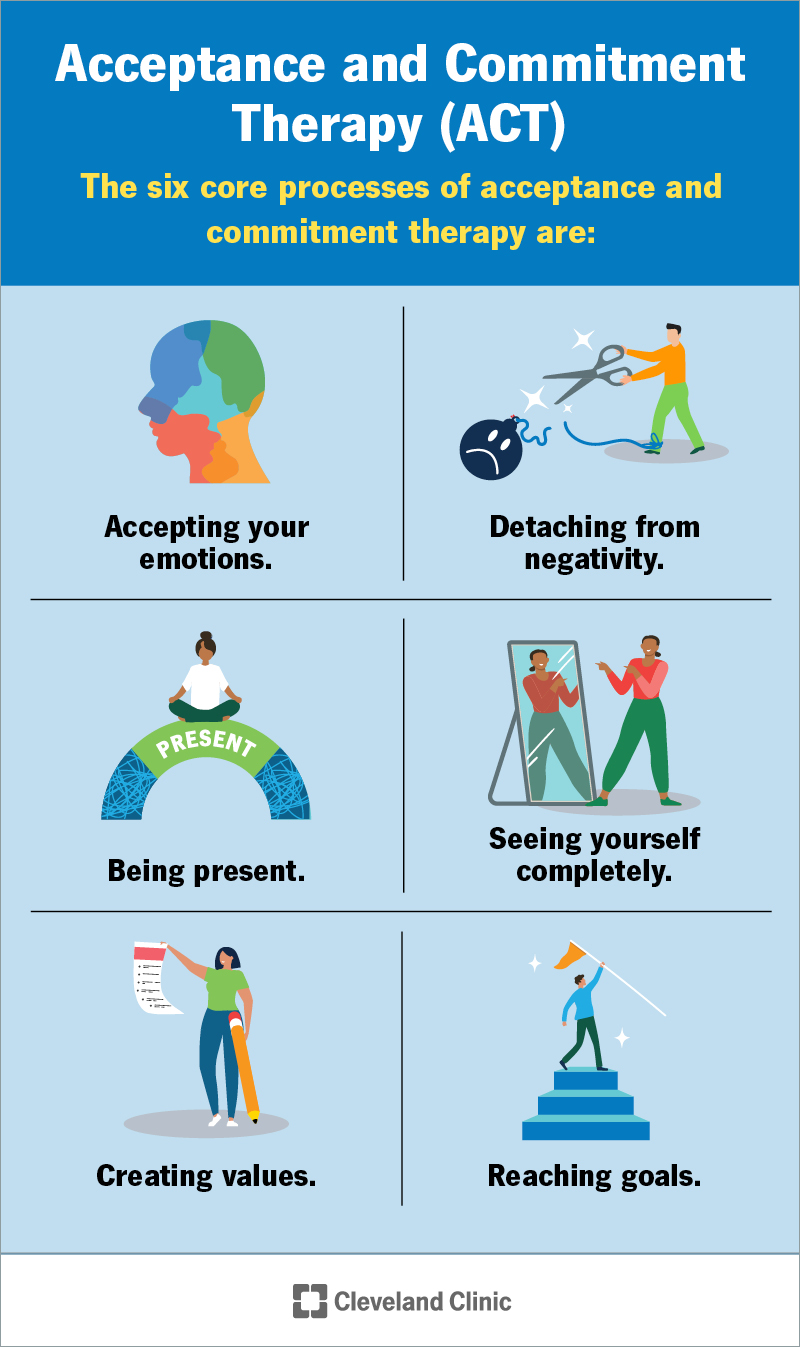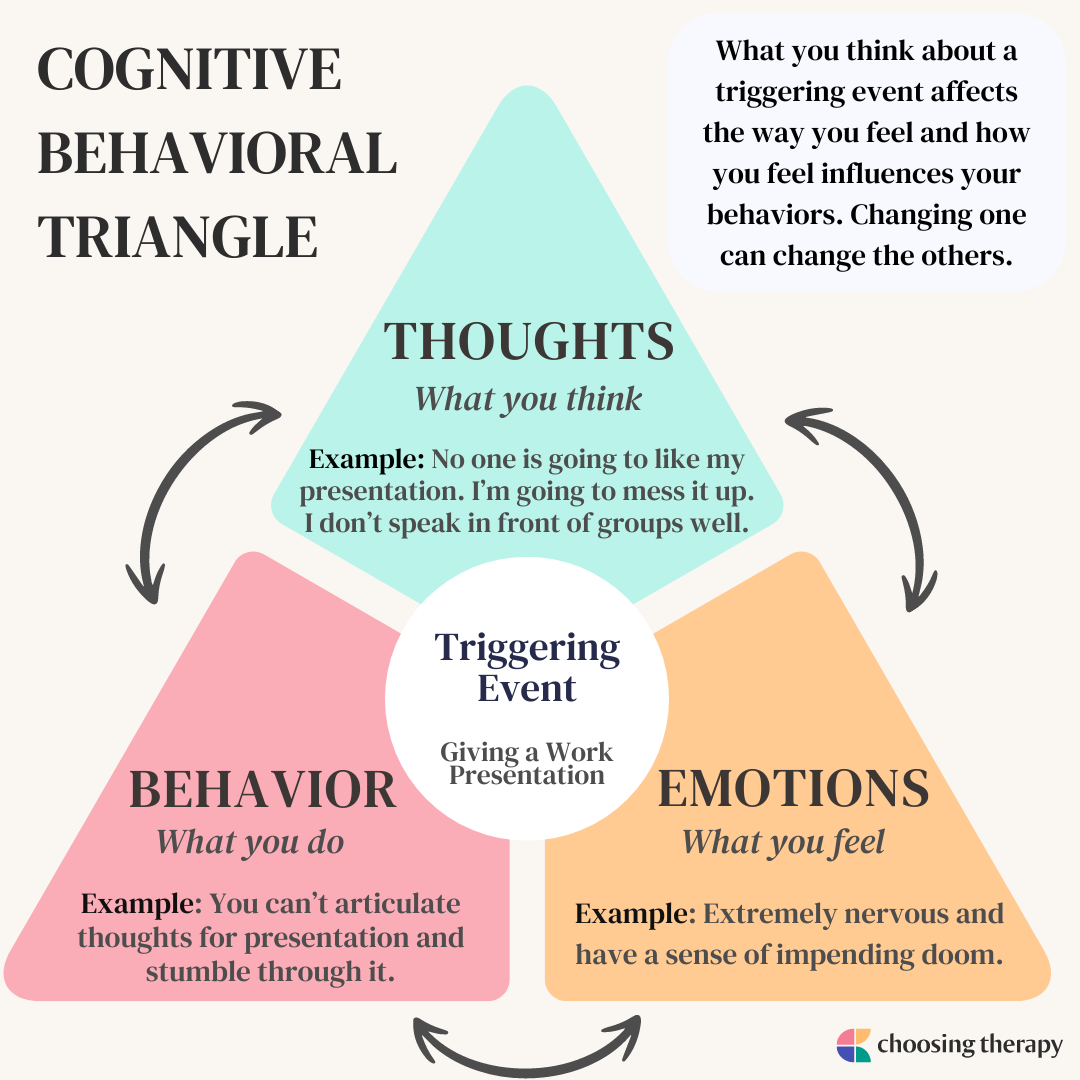Discovering Various Strategies in Coaching for Anxiousness Problem for Long-term Change
When tackling anxiousness conditions, it's important to explore a selection of counseling techniques. Each method provides unique understandings and tools to assist you manage your symptoms successfully. You might discover that combining techniques can produce the very best results. Recognizing the nuances of these strategies is vital to cultivating enduring modification. What happens if the best combination could launch a new degree of emotional wellness for you?
Recognizing Anxiousness Disorders: A Short Introduction
Stress and anxiety disorders, which affect numerous individuals worldwide, can substantially affect day-to-day live. You might experience overwhelming feelings of fear or worry that appear unmanageable. These feelings can result in physical signs like a racing heart, sweating, or perhaps dizziness. Common sorts of stress and anxiety disorders include generalised anxiousness problem, panic attack, and social anxiety problem. Each has unique signs, yet they all share a tendency to disrupt your routine and relationships.Understanding the origin of your stress and anxiety is important. It may come from genes, mind chemistry, or life experiences. Identifying your triggers can assist you manage your responses better. It is necessary to keep in mind that you're not alone in this struggle. Lots of people encounter comparable difficulties, and looking for aid is a solid action toward feeling much better. By discovering anxiousness disorders, you're already on the path to understanding and managing your problem more properly.
Cognitive-Behavioral Treatment: Testing Unfavorable Thought Patterns

Recognizing Negative Idea Triggers
Identifying the certain triggers behind your unfavorable thoughts can be crucial in handling anxiousness when you run into minutes of distress. Begin by paying focus to scenarios that provoke feelings of worry or fear. Is it a crowded area, a forthcoming deadline, or a conversation with particular people? Write these instances in a journal. This will aid you recognize patterns in your reasoning. Also, notice physical sensations that accompany your adverse ideas, like a racing heart or tightness in your breast. By identifying these triggers, you gain insight into what's sustaining your anxiousness. Understanding these connections is the very first step in testing those ideas and eventually restoring control over your emotional responses.

Changing Ideas With Positives
Challenging adverse idea patterns is a vital action in changing your way of thinking and lowering stress and anxiety. You may typically locate on your own trapped in cycles of insecurity or disastrous reasoning. Instead of allowing these ideas dictate your sensations, technique changing them with sensible options or positive affirmations. When you think, "I can't handle this," shift it to, "I can manage challenges one action at a time." This easy change can significantly affect your emotion. Frequently identifying and countering these unfavorable ideas helps develop a healthier interior discussion. Remember, it requires time and initiative, but consistently exercising this method can lead to lasting modification, empowering you to encounter anxiousness with restored confidence and durability
Building Coping Methods With Each Other
Changing unfavorable ideas is just the start of handling stress and anxiety efficiently. To develop enduring change, you require to build coping approaches that encourage you. Cognitive-Behavioral Treatment (CBT) helps you determine and challenge those purposeless idea patterns. Together, you and your therapist can discover just how these thoughts effect your sensations and behaviors.Start by establishing useful strategies, like journaling or mindfulness workouts, that allow you to face stress and anxiety head-on. When you encounter your anxieties gradually, you'll discover to react in different ways.

Mindfulness and Acceptance-Based Approaches: Growing Present-Moment Understanding
As you navigate the complexities of anxiousness, incorporating mindfulness and acceptance-based strategies can significantly improve your capacity to grow present-moment recognition. By focusing on the below and currently, you'll discover that you can observe your thoughts and sensations without judgment. This technique aids you recognize your stress and anxiety without feeling overwhelmed by it.Engaging in mindfulness exercises, such as deep breathing, body scans, or directed meditations, allows you to ground on your own in your current experience. Acceptance-based techniques urge you to accept your feelings as opposed to combat against them. When you approve your sensations, they lose their power over you.Incorporating these practices into your day-to-day routine can transform just how you react to anxiousness. You'll develop strength and learn to browse difficult circumstances with better ease. Eventually, cultivating present-moment recognition lays the foundation for enduring change, empowering you to lead a much more fulfilling life.
Direct Exposure Treatment: Confronting Worries Slowly
Direct exposure therapy aids you challenge your anxieties in a gradual means, making it less frustrating. You'll find out methods to face anxiety-provoking scenarios action by step, while also constructing coping techniques to handle your reactions. This technique encourages you to take control and decrease anxiety gradually.
Progressive Exposure Strategies
When facing stress and anxiety, gradually challenging your concerns can be a powerful means to reclaim control. This technique, understood as gradual exposure, involves gradually exposing yourself to the circumstances or items that activate your anxiousness. Beginning with much less intimidating situations and slowly function your means as much as even more difficult ones. If you're afraid of public talking, you might start by speaking in front of a mirror, then proceed to sharing thoughts with a good friend, and at some point attend to a tiny group. Each step helps desensitize you to the anxiety, constructing your self-confidence gradually. Keep in mind, it's necessary to rate on your own and celebrate small success as you relocate via this procedure, reinforcing your capacity to manage anxiety successfully.
Building Coping Strategies
Structure effective coping techniques is vital for managing anxiety, especially as you challenge your concerns progressively. One powerful technique is direct exposure treatment, where you begin by facing your worries in a regulated fashion. Begin with much less intimidating situations and gradually work your means as much as even more challenging situations. This progressive exposure aids desensitize you to anxiety activates, making them less overwhelming.Incorporate leisure techniques, such as deep breathing or mindfulness, to soothe your mind throughout exposure. Track your development, commemorating tiny triumphes along the road to enhance your self-confidence. Remember, it's fine to take your time; the goal isn't perfection however stable enhancement. By developing these strategies, you'll encourage on your own to navigate stress and anxiety and welcome therapy for anxiety life more fully.
Psychodynamic Therapy: Discovering Origin of Anxiousness
Psychodynamic treatment explores the subconscious mind, exposing the origin of your stress and anxiety - Counseling services for anxiety. By examining your thoughts, feelings, and past experiences, this method assists you discover underlying conflicts and unsettled issues that might add to your current stress and anxiety. You'll collaborate with a therapist to check out youth experiences, connections, and psychological patterns that form your responses today.As you obtain insight right into these deeper layers of your subconscious, you'll begin to identify how past occasions influence your present actions. This understanding can lead to catharsis, allowing you to refine feelings you could have suppressed.Through the therapeutic connection, you can also determine defense reaction that may have developed in time, using a more clear path to alter. Inevitably, psychodynamic treatment outfits you with the devices to resolve your anxiousness at its core, advertising long-term transformation in your psychological health
All Natural and integrative Techniques: Combining Methods for Greater Efficacy
Incorporating numerous restorative strategies can improve your trip towards handling anxiety better. By incorporating aspects from cognitive-behavioral therapy, mindfulness methods, and holistic techniques, you can produce a tailored strategy that addresses your unique needs. As an example, you may use cognitive-behavioral techniques to challenge adverse idea patterns while incorporating mindfulness workouts to ground yourself in the present moment.Additionally, checking out alternative methods such as yoga exercise or reflection can advertise leisure and minimize stress and anxiety symptoms. This mix allows you to create higher self-awareness and resilience.Experimenting with these diverse approaches can aid you find what resonates most with you. Remember, it's about locating a harmony that works, as opposed to sticking to a solitary approach. This integrative strategy not just supplies instant alleviation but likewise promotes long-lasting skills for taking care of anxiousness, empowering you to redeem control over your life.
The Function of Assistance Systems: Structure Durability Via Connection
While it could seem that taking care of anxiety is a solitary trip, having a strong support group can play a crucial function in your resilience. Surrounding on your own with empathetic buddies, family members, or support teams develops a safe area where you can honestly share your experiences and sensations. You remind on your own that you're not alone in this struggle.These relationships offer support and can give practical coping approaches that have actually worked for others when you attach with others. It's also a chance to acquire viewpoint; good friends can aid you see situations differently, decreasing feelings of isolation.Moreover, emotional support promotes a sense of belonging, which can substantially reduce anxiousness signs. By leaning on your support group, you can construct strength and take on challenges much more effectively. Remember, connecting for help signifies stamina, and it can make all the distinction in your trip towards managing stress and anxiety.
Frequently Asked Questions
What Are the Common Symptoms of Anxiety Disorders?
You might experience uneasyness, tiredness, problem concentrating, impatience, muscle mass tension, and sleep disruptions. Physical signs and symptoms can include quick heart beat, sweating, and shivering. Identifying these indications early can assist you seek ideal assistance and treatment.

The Length Of Time Does Therapy Typically Last for Anxiousness Conditions?
Treatment for stress and anxiety problems generally lasts anywhere from a couple of weeks to a number of months. It really relies on your individual demands, progress, and the methods your specialist uses to aid you manage your anxiousness successfully.
Can Medication Be Utilized Alongside Therapy for Anxiousness?
Yes, drug can definitely be utilized along with therapy for anxiousness. Combining both techniques often improves therapy effectiveness, assisting you take care of symptoms while checking out underlying concerns with therapy. Constantly consult your healthcare copyright for customized suggestions.
Are There Self-Help Techniques for Taking Care Of Anxiousness?
Yes, there are several self-help techniques for taking care of anxiousness. You can exercise mindfulness, engage in regular exercise, keep a well balanced diet regimen, develop a routine, and use deep breathing strategies to help in reducing anxiousness symptoms successfully.
How Do I Know if I Need Professional Help for Anxiety?
You ought to think about looking for professional help for anxiety if it disrupts day-to-day live, causes considerable distress, or if self-help approaches aren't functioning. Depend on your reactions; getting to out can cause better coping skills and assistance. Usual kinds of stress and anxiety conditions include generalized anxiety condition, panic disorder, and social anxiety problem. When you experience minutes of distress, identifying the certain triggers behind your unfavorable thoughts can be important in managing anxiousness. Replacing adverse thoughts is only the start of handling anxiety properly. By analyzing your thoughts, feelings, and previous experiences, this method helps you reveal underlying disputes and unsolved issues that might contribute to your present anxiety. It's additionally a possibility to get point of view; pals can help you see circumstances differently, lowering sensations of isolation (Counseling services for anxiety).Moreover, psychological support promotes a feeling of belonging, which can substantially minimize stress and anxiety symptoms